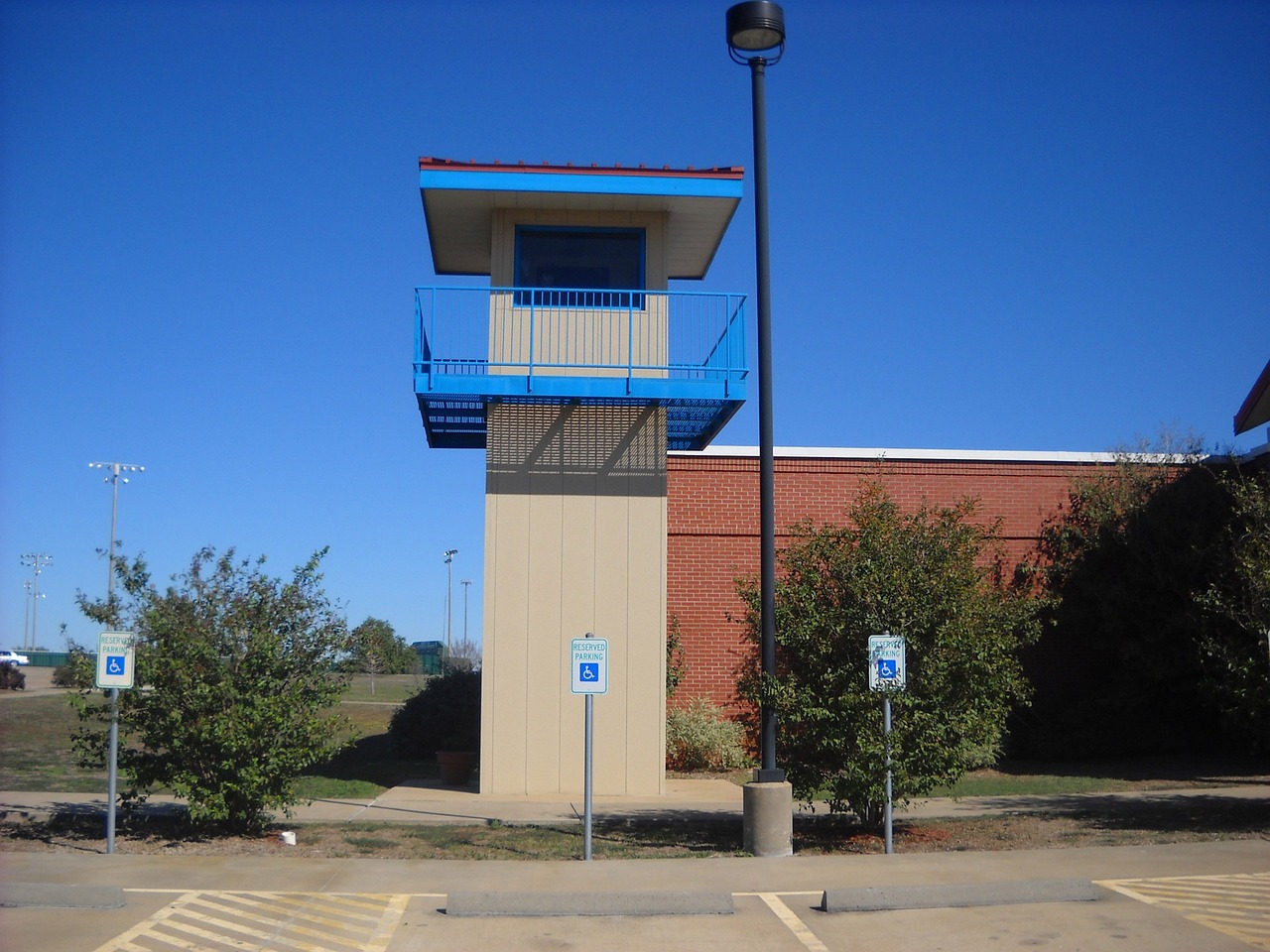Security in New Jersey: A Comprehensive Guide to Protecting Your Plants
Summary:
Security is a crucial aspect of plant care, ensuring the health and well-being of plant life from pests, diseases, and other threats. This article delves into the current state of security in New Jersey, exploring emerging trends, key players, and practical steps for enhancing plant protection. By understanding these security measures, plant enthusiasts can optimize their plant care practices and safeguard the beauty and vitality of their gardens.
The Current State of Security in New Jersey
New Jersey’s plant life faces various security challenges, including invasive pests like the spotted lanternfly and diseases such as sooty mold. To combat these threats, the state has implemented comprehensive security measures, including quarantines, pest control programs, and public awareness campaigns. Collaboration between government agencies, researchers, and plant care professionals is vital for the ongoing protection of plant life in the Garden State.
Emerging Trends Shaping the Future of Security
The future of plant security in New Jersey lies in cutting-edge technologies and innovative approaches. Plant monitoring systems utilizing sensors and artificial intelligence can provide early detection of pests and diseases, enabling rapid response and mitigation. Integrated pest management (IPM) practices emphasize natural pest control methods and reduce reliance on chemical pesticides, promoting sustainability and protecting the environment.
Key Players and Influencers in New Jersey’s Security Market
New Jersey’s plant security landscape is shaped by various key players, including the New Jersey Department of Agriculture, Rutgers University, and private sector companies. These entities conduct research, develop management strategies, and provide educational resources to protect plant life. Partnerships between these organizations foster innovation and collaboration for effective plant security solutions.
A Step-by-Step Guide to Implementing Security
Implementing a comprehensive security plan for your plants is essential for their long-term health. Begin by identifying potential threats, such as pests, diseases, or environmental stressors. Implement physical barriers like fencing or row covers to prevent access to plants. Practice proper sanitation by removing infected plant material and disinfecting tools to prevent disease spread. Consider biological control methods, such as introducing natural predators of pests, to reduce reliance on chemical pesticides.
Common Mistakes to Avoid When Using Security
Overreliance on chemical pesticides can have unintended consequences, including pesticide resistance and harm to beneficial insects. Neglecting plant sanitation can create a breeding ground for pests and diseases. Ignoring weather conditions and not taking preventive measures can exacerbate plant damage from storms or temperature extremes. By avoiding these common mistakes, plant care professionals can enhance the effectiveness of their security measures.
Case Studies: Successful Security Implementations in New Jersey
The success of plant security strategies is evident in various case studies throughout New Jersey. The state’s Spotted Lanternfly Quarantine has significantly reduced the spread of this invasive pest, protecting native plant populations. Organic farms have successfully adopted IPM practices, resulting in reduced pesticide use and improved plant health. Community-based gardens have implemented surveillance systems to detect and control pests early, maintaining vibrant and productive plant life.
Future Predictions and Opportunities for Security
The future of plant security in New Jersey is promising, with advancements in technology and innovative approaches. Precision agriculture techniques using sensors and data analysis can tailor security measures to specific plant needs. Predictive modeling can forecast potential threats, enabling proactive interventions. By embracing these advancements, New Jersey can continue to safeguard its plant life and ensure the beauty and vitality of its gardens for generations to come.
TL;DR
Security is paramount for plant care in New Jersey, involving a multifaceted approach. Identifying threats, implementing barriers, practicing sanitation, employing biological controls, and addressing weather conditions are key steps. Collaboration among various players, including government agencies and private companies, drives innovation and effective security solutions. Case studies demonstrate the success of security measures in reducing pest and disease impact. Emerging trends, such as technology-based monitoring and IPM practices, will shape the future of plant security. By embracing these advancements, New Jersey can protect its plant life and enhance the vitality of its gardens.
Narrative Summary
Plant security is a crucial aspect of plant care, safeguarding plant life from pests, diseases, and environmental stressors. In New Jersey, comprehensive security measures are in place to protect the state’s abundant plant life. From quarantines to pest control programs, the state’s efforts are complemented by collaboration among government agencies, researchers, and plant care professionals.
Emerging trends are shaping the future of plant security, with technology-based monitoring systems and integrated pest management practices gaining prominence. By embracing these advancements, plant care enthusiasts can enhance their security measures and optimize plant health.
Case studies throughout New Jersey demonstrate the success of security implementations, reducing pest and disease impact and protecting plant populations. The future holds promise, with precision agriculture techniques and predictive modeling further revolutionizing plant security. By embracing these advancements, New Jersey can continue to be a leader in safeguarding its plant life and ensuring the beauty and vitality of its gardens for generations to come.


